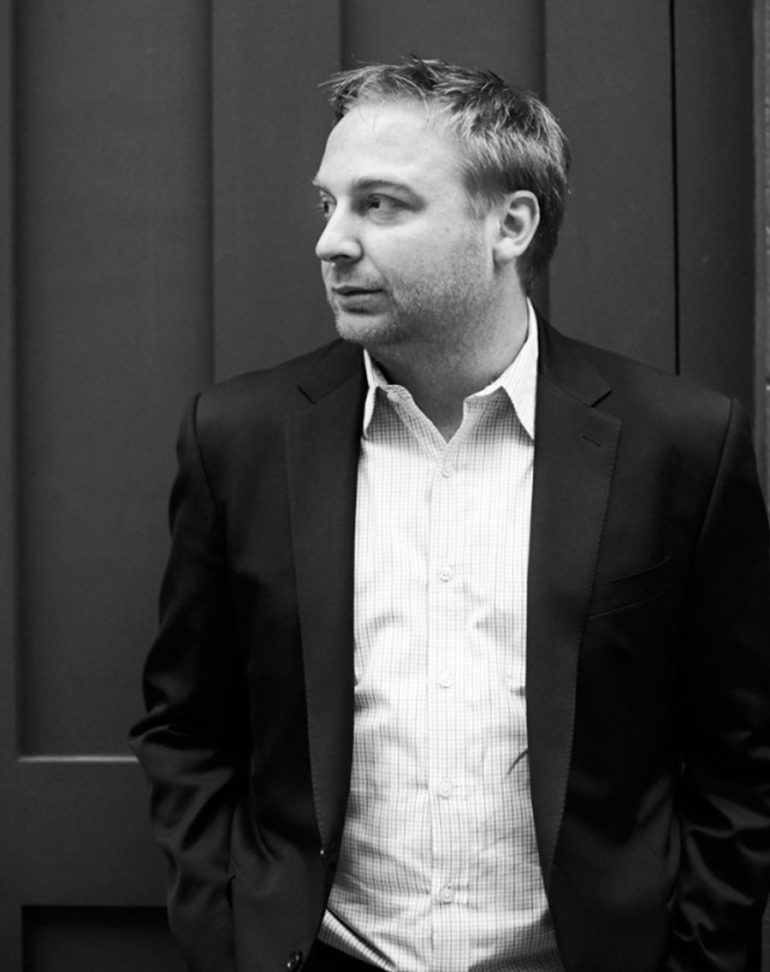SMPL Q&A is a blog feature in which we interview experts on all things relevant to branding, design and simplicity. In this Q&A we speak with Daniel K. Golden, group director of strategy in New York, about the advantages of a singular brand focus—concentrating on doing one thing extremely well.
What has your experience taught you about the role of a singular focus?
As a brand strategy practitioner at The Simplicity Company for almost 10 years now, I’ve had the opportunity to apply the power of simplicity to some of the best organizations in the world and see the undeniable benefits that it provides. In my role as group director, I am constantly trying to help clients and colleagues answer a single, seemingly simple but incredibly hard question—what is it that you do better than anyone else in the world? This, in turn, helps them identify a singular focus to build a compelling experience around.
The range of answers I have received in response to this question is astounding. Sometimes I’ll get a recitation of product features and benefits, other times it will be a laundry list of multiple reasons, none of which are particularly compelling, unique or even believable. Often, it will be an explanation that is so complex and jargon-filled that I can hardly make sense of what they’re saying, let alone help them translate that to an elegantly simple strategy and an unexpectedly fresh experience.
What are the benefits?
I’ve seen first-hand the transformative power that comes with being able to answer that single question and build your brand around that singular answer. I’ve also seen an increasing reluctance to embrace the clarity and focus that answering the question requires and demands. Companies are often afraid that kind of focus will box them in. But in fact, when done right, it has the exact opposite effect. It enables them to deliver a powerful brand, that is solely supportive of their singular experience.
In today’s world, where everything is integrated, connected, feature-laden, souped-up and built for power users to provide maximum utility, we see too many attempts at creating products, services and experiences that do everything, for anyone, all the time. I believe we are approaching a time where people will flock to products and services that do one thing, do that one thing extremely well and with absolute clarity around the purpose of its existence.
We have forgotten that more does not equal better. In fact, more can be the absolute last thing you need given the context and situation.
What’s an example of singular focus in branding that inspired you?
Recently, I came across a product that seemed to indicate the shift back to a singular focus is well under way – The Light Phone, a new cellular device that (*gasp*) only makes calls. Designed to be a companion to your smartphone, for situations where you don’t want or need all that wide-ranging utility provided by your iPhone, The Light Phone’s promise of “designed to be used as little as possible,” contradicts how some companies today obsess over creating products designed to do as much as possible.
The clarity and simplicity The Light Phone provides is undeniable—I know exactly what it is, what it does, how I would use it, and the value it would create in my life. And I was able to arrive at this deep level of understanding in about 17 seconds, without the benefit of needing a fully integrated, 360 marketing campaign to help me understand why I would want this.
Simplicity led to clarity, which ultimately fueled my understanding and desire. When you add in the fact that the singular focus of The Light Phone allows for a beautiful design and a very efficient form factor, I most definitely desire to have this thing in my life. The Light Phone wears the fact that it “only makes phone calls” as a badge of honor. In a world where way too many things claim to do everything well, and therefore likely do very little of it well enough, “only” doing one thing is exactly what I am looking for.
What’s the role of simplicity in singular focus?
A focused offering helps people understand the value you contribute, and how you would fit into their life – which fuels desire. It helps mitigate the paradox of choice—if people have too many options, they’re less likely to make a choice or be happy with the choice they’ve made. Making decisions easy for people means they’re more likely to choose your product or service.
Daniel K. Golden is group director of strategy in New York at Siegel+Gale.


